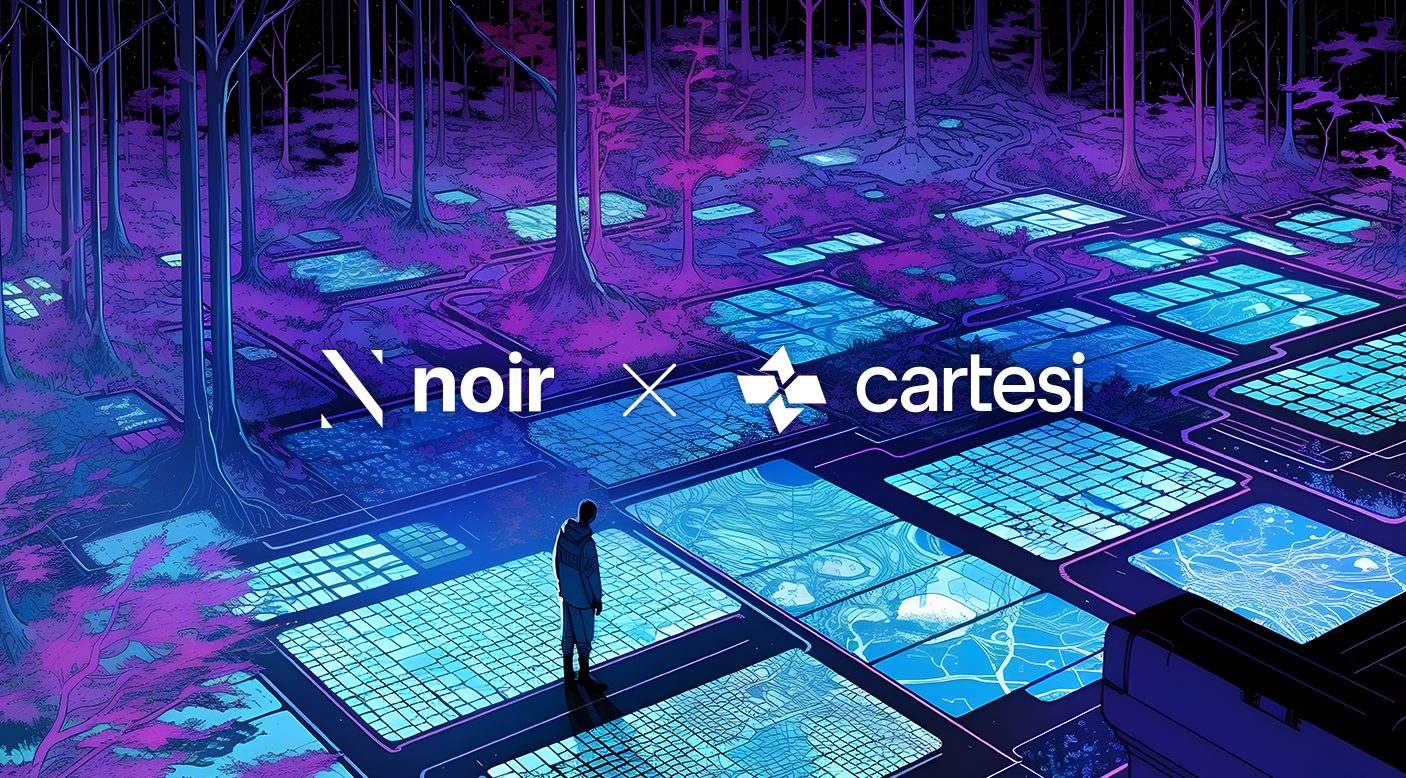The decline of Meta has sent shockwaves of uncertainty throughout discussions of the metaverse. But to confuse one company’s efforts with the next iteration of the internet would be a mistake. Whatever the matter with Meta, this next evolution of ubiquitous, life-changing technology will improve social connectivity worldwide, driven by the young generations’ changing needs.
Gen-Z: Zooming into the Metaverse
Think what you want about zoomers, but they’re hyperconnected digital natives that make up 25% of the current population: Features that will make them, Alongside Gen Alpha, strong early adopters of the metaverse and its underpinning tech stack. Powered by social media, Gen Z are contributing hundreds of billions to the global economy. With this colossal purchasing power, Gen Z are also shaping online and physical culture, leading many companies to pivot marketing efforts towards the younger generations.
And Gen Z has evolved alongside social media; for the better, or the worse. The rise of influencer marketing has shown that the younger generations care more for opinions from real people rather than soulless advertisements. Spending much of their lives online has perhaps driven Gen Z to strive for deeper and more meaningful connections. As citizens of the internet, many of Gen Z’s friendships began entirely online—through gaming, or virtual platforms like Roblox. These spaces offered just that—a virtual immersive space—to digital chatting and connection.
Here, behind the veil of digital avatars, the younger generations are able to truly express themselves. A recent poll of 1,000 Gen Z-ers found that social media was the only place they could express themselves freely. Nearly 60% of those respondents said their online identity helped them feel more confident.
As a result, social media platforms will need to be intensely customizable, and this is where the metaverse comes in. Customisable, digital avatars will present a future of boundless virtual self-expression, furthered by game-like VR environments which will allow people to connect in immersive, spatial settings across the world, interacting with one another in limitless ways.
Experience Above All
The move towards the metaverse has quickly seen major organizations like Gucci, Ferrari and more focus on giving experiences as opposed to static advertisements and imagery. They’ve partnered with the likes of Roblox and Fortnite, introducing their brands to the new, experience-seeking audiences of Gen Z and Gen Alpha through immersive marketing campaigns. This has provided a deeper avenue of engagement over like, reply, and retweet:
It’s about interacting, rather than reacting.
All of this guides social media through stormy seas into the future: The Metaverse. There are infinite possibilities for personal, professional, and economic expansion through this new frontier. And with the metaverse, we can expect to have a safer online existence without being scrutinized or subject to the same level of online negativity that you might experience with other social media platforms.
If virtual reality follows the same trajectory as traditional forms of social media, brands and existing communities will soon be joining Gen Z and using its technology to form highly engaging relationships. What will future marketing efforts look like? We'll just have to wait and see.






